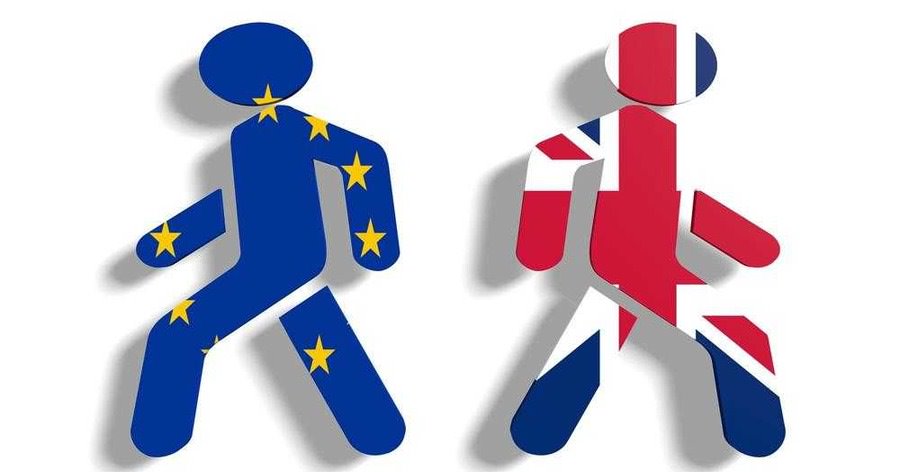UK: Freedom of movement? No thanks, we chose Brexit

Freedom of movement for millions of British and EU citizens will end in 2019 when Brexit takes effect, the U.K. government insisted on Monday. The statement appeared to rule out transitional post-Brexit arrangements recently raised by a senior British minister.
“There were reports last week that we were looking for an off-the-shelf model; we are not looking for an off-the-shelf model. Precisely what the implementation model will look like is up for negotiation,” a government spokesperson said, adding more confusion to Brexit affairs.
"Other elements of the post-Brexit immigration system will be brought forward in due course. It would be wrong to speculate on what these might look like or to suggest that free movement will continue as it is now."
The comments were made to the Reuters news agency and place a timeline on one of the biggest questions that have been thrown up following the UK’s Brexit vote.
Since Theresa May lost her parliamentary majority in last month's general election, ministers in her cabinet have come out with conflicting views over how they foresee Britain's post-Brexit relationship with the EU.
Current EU laws stipulate that EU citizens are allowed to live and work freely in any member state.
Concerns surrounding immigration were a key driver in Britain's vote last year to leave the EU. Since then, the rights of some 3.5 million EU citizens living in the UK and around 1.5 million British people on the continent has become a key sticking point in the Brexit negotiations.
Brussels had indicated that any transitional arrangement following Brexit would see Britain lose its EU voting rights but still need to continue paying budget contributions, remain under the jurisdiction of the European Court of Justice and accept free movement of EU citizens.
The U.K. is expected to leave the EU in 2019 after completing exit negotiations which commenced in June.

